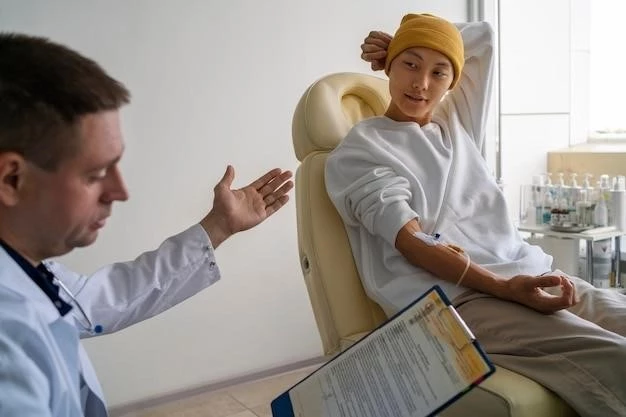Understanding Horton Disease
When discussing the complexities of Horton Disease, also known as Giant Cell Arteritis or Temporal Arteritis, it is crucial to explore the symptoms and manifestations, diagnosis, treatment options, potential complications, lifestyle strategies, and ongoing research in the field of rheumatology. Stay informed!
Overview of Horton Disease
Horton Disease, also known as Giant Cell Arteritis or Temporal Arteritis, is a serious autoimmune condition that primarily affects individuals over 50; Symptoms include vision loss, headaches, scalp tenderness, and jaw claudication. If you experience fatigue, weight loss, or fever, seek medical evaluation promptly. Treatment typically involves corticosteroids and close monitoring to prevent complications. Consult a rheumatologist for proper management.
Symptoms and Manifestations
Horton Disease manifests with various symptoms such as severe headaches, scalp tenderness, and jaw claudication (pain with chewing). Visual disturbances, including vision loss, can occur. Other signs may include fatigue, unexplained weight loss, and low-grade fevers. If you experience these symptoms, especially if you are over 50, seek medical attention promptly for evaluation and diagnosis. Early recognition and treatment are crucial in managing this condition and preventing complications. A rheumatologist specialized in autoimmune diseases can provide appropriate care and guidance.
Diagnosis and Treatment
Diagnosing Horton Disease involves a combination of thorough medical history assessment, physical examination, blood tests to check for inflammation markers, and imaging studies such as ultrasound or temporal artery biopsy. Early diagnosis is crucial to prevent complications like vision loss. Treatment typically involves corticosteroids to reduce inflammation and manage symptoms. Regular follow-ups with a rheumatologist are essential to monitor response to treatment, adjust medication as needed, and prevent disease flares. Adhering to the prescribed treatment plan is important for long-term management of Horton Disease.
Complications and Risks

Horton Disease can lead to serious complications if not properly managed. The most concerning complication is permanent vision loss, which can occur if the condition affects the blood supply to the eyes. Other risks include cardiovascular events due to inflammation affecting blood vessels, as well as side effects from long-term corticosteroid use, such as osteoporosis and increased infection risk. It is essential to work closely with a rheumatologist to monitor for any potential complications, adhere to the treatment plan, and promptly address any new symptoms or concerns that may arise.
Lifestyle Management and Coping Strategies
Living with Horton Disease can be challenging, but adopting certain lifestyle strategies can help improve quality of life. Follow a balanced diet rich in nutrients to support overall health and maintain a healthy weight. Regular exercise, as tolerated, can enhance strength and flexibility. Prioritize stress management techniques like mindfulness and relaxation exercises. Support groups or counseling can provide emotional support and coping strategies. Ensure you get regular check-ups and adhere to the treatment plan outlined by your healthcare provider. By taking proactive steps and seeking support, you can better manage the challenges of living with Horton Disease.
Research and Future Directions
Ongoing research in the field of rheumatology continues to focus on understanding the underlying causes of Horton Disease and improving treatment outcomes. Clinical trials are exploring new medications and therapeutic approaches to enhance the management of this condition. Genetic studies are also shedding light on potential risk factors and disease mechanisms. Staying informed about the latest advancements in Horton Disease research can help patients and healthcare providers make informed decisions about treatment options. Consider participating in clinical trials if eligible to contribute to the advancement of knowledge in this area. Discuss with your healthcare team about any emerging treatments or research opportunities that may be beneficial for your management plan.
